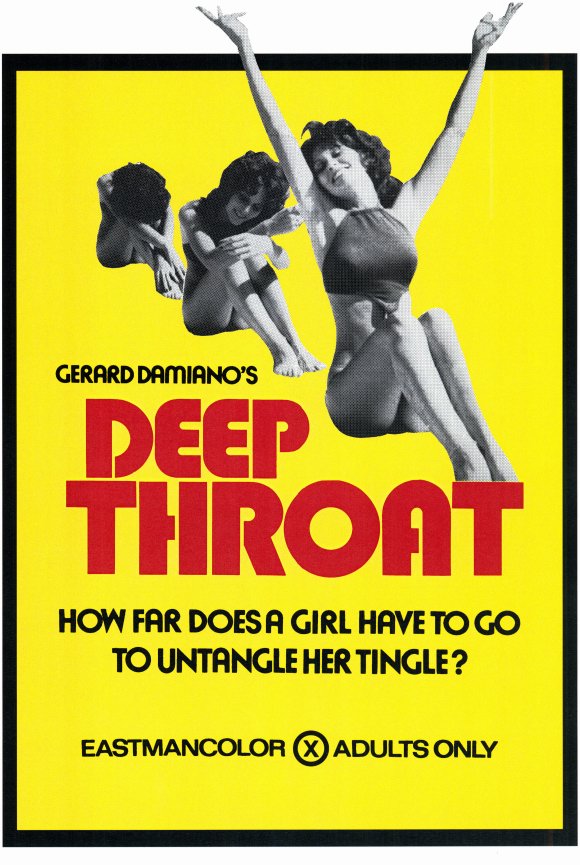And—just like Under the Cherry Moon, his previous attempt at cinematic auteurship—it vanished without a trace.
The question is, did it deserve to be so quickly forgotten and dismissed?
Probably, but I still kinda like it. But I’m weird. I mean, I love Xanadu, which is a film Graffiti Bridge has a lot in common with. Both involve supernatural muses, nightclubs and tasteless displays of fashion only marginally related to the eras in which they were created. But the songs in Xanadu are so much better, which is Graffiti Bridge’s true Achilles heel.
It’s a musical about an artist who insists on producing art that doesn’t sell, which would seem more noble if it wasn’t the product of an artist capable of producing some of most saleable music ever recorded. Whereas Purple Rain was about how much we can grow if we open ourselves up to the contributions of others, Graffiti Bridge is about the importance of staying true to yourself even if it means a pretty girl is going to end up getting run over by a truck for no logical reason.
Throughout the film, The Kid (who still doesn’t have a name despite his now pushing past 30) is criticized for playing music that’s too “spiritual”—especially by returning villain, Morris Day, who has graduated from sleazy narcissistic lead singer of The Time to sleazy narcissistic impresario who runs the city’s night life like a mafia don (one who proves his mettle to subordinates by eating hot chilies without wincing).
Over and over again, The Kid is shown to be playing songs that result in shrugs from his audience and though we get the sense that we’re supposed to be going, “What’s the matter with those jerks! That music is amazing!” we often find ourselves shrugging along with them. With the exception of “Round and Round” (performed by Prince discovery and inevitably-abandoned protégé Tevin Campbell) and the ballad “Thieves in the Temple” all of the songs display the level of technical virtuosity we expect, but in the context of the film (if not the soundtrack album) they just lay there and feel like something we’re meant to endure rather than enjoy.
And as this is going on, both Day and The Kid pursue the attention of Aura (Ingrid Chavez, perhaps best known as the co-songwriter of Madonna’s “Justify My Love”), who is literally an angel sent down to live under the titular dwelling to do something that Prince’s script is certainly certain of, but definitely keeps to itself. Chavez is actually quite charming in the role and definitely has an angelic presence, but her character is left to do nothing but recite nonsense Prince evidently believes is poetry and be sacrificed onscreen in the most ridiculous way possible.
It’s her death that finally compels Prince to perform “the” song—the one that is supposed to play the same role “Purple Rain” did in the first film. It’s the song that forces Day to see the error of his ways and leave The Kid alone to explore his genius. It’s the song the reminds everyone how great The Kid is and what his future now holds.
And it’s okay.
Actually, “Still Would Stand All Time” is a very pretty song, but it lacks that special spark of magic found in “Purple Rain”. It’s a perfect example of Prince’s deserved self-confidence becoming his biggest weakness. He clearly thought he had did it again, but Wendy wasn’t there to rip a hair off his chest during a moment of self-importance (which she has claimed was a common occurrence in interviews) and let him know how they could make it even better. And he probably wouldn’t have listened to her if she had.
In the end, Graffiti Bridge is a colourful, antic, archetypically 90s vanity project (featuring gay panic, shameless stereotypes and gratuitous George Clinton) whose central theme is if you try to force Prince to play music he doesn’t want to play a beautiful angel will die.
Which I suppose could be enough to result in a great movie, but didn’t this time. Graffiti Bridge (at least for now) marked the end of Prince’s cinematic ambitions and its failure served as the beginning of a period that saw him battling with his record label while he insisted on pursuing his muse to the point that it began to alienate his audience (especially when he used it to get laid a la Carmen Electra’s solo album).
As a forgotten sequel, the film serves as fair warning to anyone who thinks they can abandon those who helped them achieve a past success—even if you happen to be one of the greatest musical geniuses the world has ever known.




































